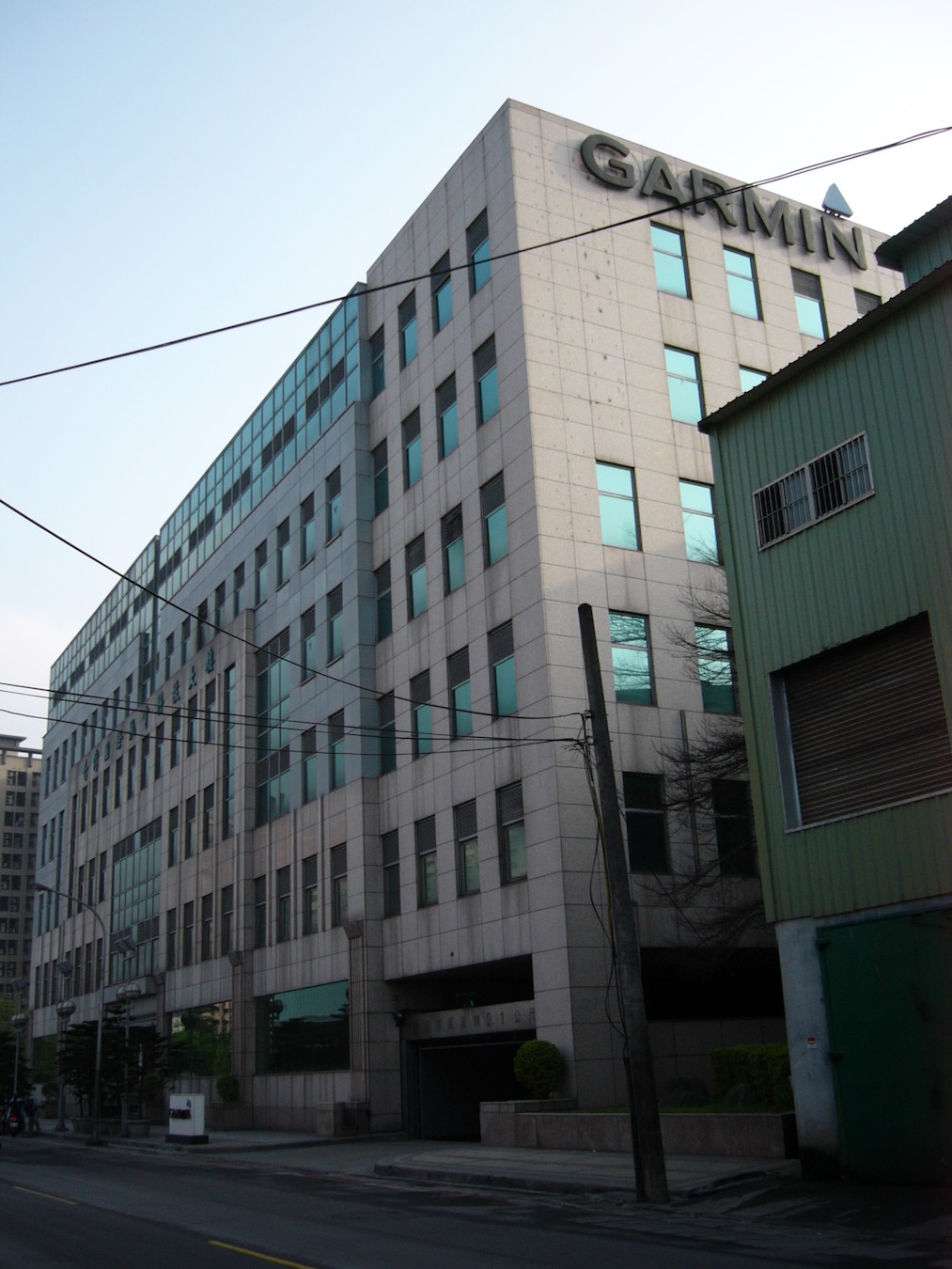by Brian Hioe
語言:
English
Photo Credit: Solomon203/WikiCommons/CC BY-SA 3.0
CIVIL SOCIETY GROUPS held a press conference late last month, calling attention to Garmin’s illegal dismissal of pregnant migrant workers. Garmin is a multinational corporation that specializes in GPS technology.
In particular, Garmin was accused of forcing a pregnant migrant worker to sign documents resigning from her position. This occurred after the worker in question learned that she was over thirty weeks pregnant. After first being forced to take sick leave, she was then made to sign resignation documents. However, in the process of this, she was not informed of any relevant rights or protections. She signed the documents not knowing that Taiwan has protections for pregnant migrant workers.
The civil society groups that held the press conference included the Serve the People Association and Taiwan Association for Human Rights. Likewise, Taiwan People’s Party legislator Lai Hsiang-ling, formerly a labor activist, was also present. Speakers called attention to how Garmin had violated not only Taiwanese labor laws, but standards that it should adhere to as a member of the Responsible Business Alliance (RBA). The RBA is the world’s largest coalition organization for corporate social responsibility in supply chains.
After the outcry, the migrant worker in question was later given her job back. Nevertheless, the incident gestures toward a far larger problem in Taiwanese society. For one, protections for migrant mothers are sorely lacking. This proves far from the first time that migrant workers have faced dismissal after becoming pregnant.
In itself, the current structure of migrant work does not allow for migrant workers to sustain families in Taiwan, in that migrant workers are required to travel to Taiwan for work individually. If they have families at home, they are required to leave them behind.
Though some migrant workers marry Taiwanese, they are often forced into precarious positions if they divorce, as they can only obtain citizenship after four years. In the event of divorce, migrant mothers are sometimes deported, particularly if they are undocumented. This has the effect of separating migrant mothers from their children, something that vengeful ex-husbands sometimes do. Moreover, though laws allow for exemptions in the event of extenuating circumstances, such as domestic violence, the government rarely acts on this.
 Photo credit: Solomon203/WikiCommons/CC BY-SA 3.0
Photo credit: Solomon203/WikiCommons/CC BY-SA 3.0
Likewise, the issue of employers or brokers forcing migrant workers into agreements that they do not understand, or otherwise taking advantage of their inability to read Chinese, is unfortunately commonplace.
For example, during the initial stages of the COVID-19 pandemic in January 2021, the National Federation of Employment Service Association (NFESA) wrote to the Ministry of Health and Welfare (MOHW) urging them to limit the ability of migrant workers to transfer employment. The NFESA claimed this was necessary to prevent the spread of COVID-19, though this was long before the effects of COVID-19 were genuinely felt in Taiwan, seeing as Taiwan went more than a year without having to undergo any form of lockdown.
Employers were seeking to limit the ability of migrant workers to change employment, something that would grant them more control over migrant workers overall. Although the MOHW denied this request, this did not prevent the NFESA from circulating letters claiming that migrant workers could no longer transfer employment status.
In other cases, migrant workers are forced to agree to exorbitant brokers’ fees in terms they do not understand, and employers take advantage of migrant workers’ inability to read Chinese in order to ensure that they do not know the rights they have under the law. This, too, serves as a means of social control over migrant workers.
As such, Garmin’s actions in illegally dismissing a migrant worker for being pregnant touch upon these two issues. First, this gestures toward the situation faced by pregnant migrant workers, who face dismissal illegally for becoming pregnant. This also gestures toward the precarious situation faced by migrant mothers, who face being deported from the country in the event of divorce and in which the current migrant work system does not allow for migrant worker families. Secondly, this points toward the broader phenomenon by which employers and brokers take advantage of migrant workers’ inability to read Chinese or lack of awareness of the legal rights they have in Taiwan.
It is to be seen how there can be a push for change, when there is little incentive for lawmakers to take action, seeing as migrant workers cannot vote but their employers and brokers can. By contrast, lawmakers are more incentivized to take action when the mistreatment of migrant workers reflects poorly on Taiwan internationally, hence the use of the ethical supply chains as a framework to push for change.

